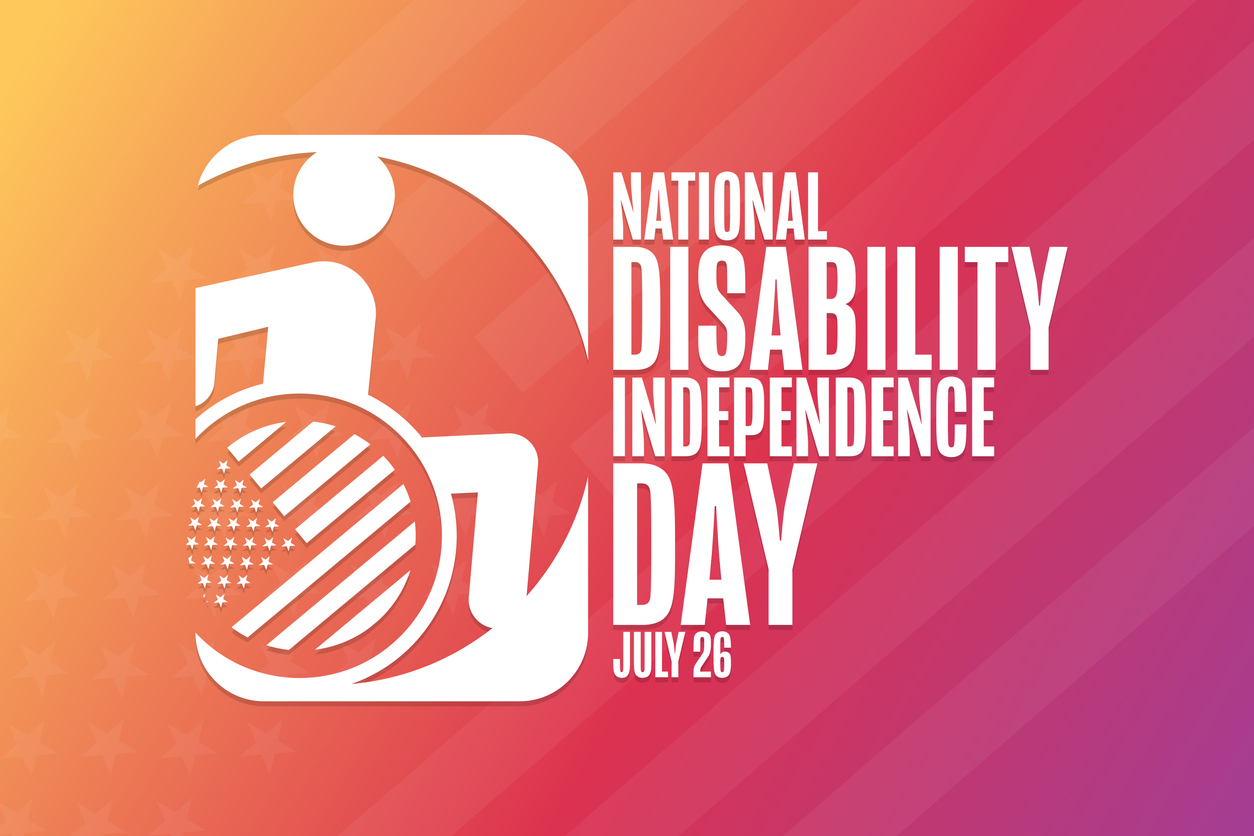Guidelines for Writing About Disability
July 24, 2023
Whether your firm is discussing policies and accommodations or communicating with clients, it’s important to use accurate and objective language to portray individuals with disabilities in a respectful way. Following these tips from the ADA National Network can help your firm foster a culture of inclusivity — internally and externally.
- When writing about specific individuals, ask if they’re willing to disclose their disability. Some people are comfortable sharing details about their disability, while others may not want to be identified as a person with a disability. Be sure to ask rather than assume. Also, mention someone’s disability only if it’s essential to what you’re writing about. If an individual is blind or uses a wheelchair, but it’s irrelevant to what you’re writing, don’t mention the disability.
- Use person-first language. This means referring to the person first and the disability second. Person-first language recognizes that a person isn’t a disability or diagnosis; a person has a disability or diagnosis. For example, “a woman with paraplegia” is preferable to “a paraplegic woman.” That said, keep in mind the advice above to ask rather than assume. Some people consider their disability an essential part of their identify and may prefer to be described with their disability first.
- Use neutral language. Avoid words like “victim,” “confined to” [a wheelchair] and “stricken with,” which portray people as lacking. You can say, “He had a stroke” instead of “He’s a stroke victim.”
- Emphasize abilities and the need for accessibility. Choose language that focuses on what people can do rather than their limitations. It may be as straight-forward as saying “a person who uses a wheelchair” instead of “wheelchair-bound.” Similarly, focus on inclusivity rather than the presence of a disability. One example is referring to “accessible” parking rather than “handicapped” — an outdated term — parking.
- Avoid condescending euphemisms, offensive language, and stereotypes. This tip may seem obvious, but it’s worth clarifying. Terms like “differently abled,” “challenged,” and “special” are considered patronizing. Don’t use these descriptions, and it goes without saying that outdated terms like “crippled” must never be used.
- Write balanced pieces. If you’re writing about an accomplishment of a person with a disability, focus on the achievement without characterizing it as heroic. It reinforces stereotypes to suggest that everyone with a disability should be an inspiration. Also, avoid writing overly sentimental descriptions about incurable diseases or severe injuries to elicit pity.
Marketers know that words matter. Neutral and objective language is key to respectfully writing about people with disabilities — and to demonstrating that your firm welcomes and supports inclusivity.

